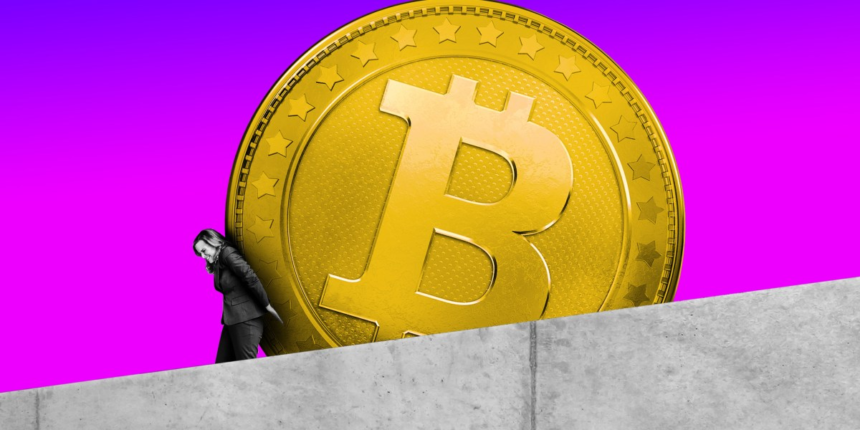The popular case for Bitcoin is that it is hard money that can’t be deflated by political actors or central banks. When the world is going to hell economically, it makes sense to store your wealth in a scarce decentralized asset that can’t be tampered with by corporations or governments. “Bitcoin solves this,” as they say.
It’s a compelling story but, as with many great tales, it’s mostly fiction. Despite ad campaigns to brand Bitcoin as digital gold and infinite HODL memes, the reality has been that, when the economy takes a nosedive, so does crypto. It’s a “risk-on” asset class that people dump at the first sign of trouble, along with junk bonds and emerging markets funds. That’s been Bitcoin—until recently, that is.
In 2025, the original case for Bitcoin—that it is a safe haven in times of trouble—could be coming true at last. First, during the Liberation Day tariff shock in April, the price of Bitcoin actually climbed even as the stock market plunged. That divergence was fairly short-lived but, since then, Bitcoin has behaved in an uncorrelated fashion to equities on several more occasions. And demand for both Bitcoin and gold has surged during this latest U.S. government shutdown as dollars and Treasuries have fallen—a signal investors have more faith in the decentralized nodes of Bitcoin than they do in the dysfunctional state of American politics.
If this keeps up, Bitcoin could pose a legitimate challenge to gold as the ultimate safe haven asset. It may also mean the outside world could start scrutinizing the stewards of the Bitcoin blockchain like never before. I mention this in light of recent social media fighting by different factions over updates to Bitcoin’s code base that would allow more non-financial messages to be packed into each block. It’s an interesting debate but also one that serves to remind people that there is a relatively small group of people who exert a big influence over Bitcoin’s direction. They appear to be doing a fine job but, if there is a real chance Bitcoin will dethrone gold, there will be powerful actors of all sorts who may want to have a say in the decisions they make.
Could that be one reason that Nick Szabo, probably the most influential of the early Bitcoiners (IYKYK), just returned to Twitter for the first time in five years? Or perhaps he just wanted to bask in Bitcoin’s latest Uptober triumph, and the signs the original cryptocurrency is living up to its reputation.









